Common 10 Private High School Interview Questions (With Answers) You Can Expect in 2025
Worried about your interview? Don’t be scared as the questions you will be asked are actually not that hard! However, just because they're not difficult doesn't mean they're easy to answer. Think of each response as an opportunity for the interviewer to learn as much about you as possible. Therefore, as a general rule of thumb, you should respond for two to three minutes for each question even if it's a simple “yes” or “no” question. Start preparing by reading below about the ten most common questions you will encounter, guidelines on how to prepare and snippets of answers for each one.

1. Tell me about yourself
Begin with giving general information about yourself such as your age, where you come from, and where you are studying. Don't assume that the interviewer knows this information as some interviewers like to meet students with no prior knowledge of who you are. Then, use the time to give an overview of your extracurricular interests and things that you love doing. In particular, highlight any achievements or involvements that you have in those areas such as awards, participation in competitions, representation of school or outside teams. Don't be afraid of coming across as bragging or arrogant since you are just speaking facts. These highlights are important because in the back of their mind, they want to assess your ability to make contributions in the areas that you have specified at their school.
Example: “My name is Angie, I'm currently an eighth grade student at TIS. I'm quite an artistic person as I have been drawing since I was five years old. Recently I've really gotten into fashion design. I've been designing my own clothes and have been able to make a few pieces into reality which I was able to showcase at a fashion show at my school. Other than arts……”
2. Tell me about your school
Begin with telling the interviewer general information about your school as if you were describing your school to a stranger. General facts can include your school curriculum, student population, religious affiliations, whether it’s co-ed, single sex, boarding and any other interesting facts about your school. But most importantly, use this question to also describe your involvement at school. They want to know how you have taken advantage of the opportunities available at your school such as any leadership roles, involvement in clubs, participation in sports and any awards won for the school, as they are a good indication to the interviewer of how involved you will be at your future school.
Example: “TIS is a Catholic School with around 1000 students from Grade 1 to Grade 12. We have a house system in the school where students from different grades are allocated into a house. I think it’s a great way to meet students I don’t normally see every day. I was elected as one of the house leaders last year and organized a variety of activities for my house such as a potluck, dodgeball competition and a fundraiser as well.”
3. What is your favorite subject?
Do not fall into the trap of just giving a one sentence answer. Use your response to elaborate on why it's your favorite subject. Mention any interesting things or facts you've learned through this subject or bring up any school projects, homework or assignments that were particularly memorable when studying this subject at school.
Example: “My favourite subject is maths. I enjoy how maths is part of our everyday life but it often goes unnoticed. One of my favourite times in maths was when we had to design a roller coaster utilizing mathematical concepts in our maths class. Our roller coaster…..”
4. What do you like to do in your free time?
It's important to show that you devote time to your interests or passion in your free time as they are not looking for students who spend all their time studying. Avoid talking about general interests that are common to other teenagers such as hanging out with friends, playing computer games, scrolling on social media or watching YouTube. Instead, pick two to three things you enjoy doing in your free time, other than those above, and describe them in detail.
Example: “I love to draw in my spare time. I carry a sketchbook everywhere I go as I like to scribble down any ideas that come to my mind so I can finish the drawing later. My sketchbook is filled with crazy drawings such as marshmallow trees, red unicorns, and flying kangaroos.”
5. What is the last book that you have read?
You can be a little bit creative with this answer as the last book that you have read might not be a suitable book for a good response. The last book you have read may not be the most interesting book to talk about or could be a very common book which everyone has read. Avoid talking about common books as it is hard to bring new insight that is different to other students. Instead, choose a book which is less known, that you can describe, summarize and talk about in depth.
Example: “One of the last books that I have read was Before the Ever After by Jacqueline Woodson. The novel centres around the main character, a former NFL player, who suffers severe head injuries leading to many problematic problems in his life. I really liked reading the book as being an athlete myself, it led me to want to learn more about concussion injuries in sports but also how to deal with suffering and loss.”
6. Tell me about your family
Begin with factual information about all of your family members starting from your parents. You do not need to go in depth into your family tree to include uncles, aunties or grandparents as that will make your response too long-winded. Share as much information as you can about your parents such as their occupation, interests, personality, and what they like to do. If you don't know the answer to some of these, then ask your parents about it. I'm sure there’ll be more than happy to tell you! Being able to share such information to the admissions officer can be a good indicator of a strong family relationship. This plays a critical factor since boarding schools readily promote their close knit connections likening their faculty as each student’s parents away from home. One more tip, sharing any pastimes that you enjoy together as a family will be even better.
Example: “My dad works in an investment company. He is very smart and always full of ideas about how to make money. I've learnt a lot from seeing how he does business. He tells me to not be afraid to take risks and not be afraid of failures.”
7. If I had to ask your friends and teachers to describe you, what would they say about you?
This one usually stumps a lot of students. Start from asking your friends how they would describe you. Then, have a think about what your teachers say about you. Do they praise you for certain things that you do? What do they write about you in your report card? Once you have a few descriptions, pick three positive ones that you most agree with and for each one try to think of examples of how you demonstrate those in your life.
Example: “I would say I’m quite organized, sometimes overly so. I have to tidy my room every day and I can’t stand anything being out of place. I won’t let my parents tidy my room for me as they always reorganize my things. My mum is quite glad that I have this habit!”
8. What is one challenge in your life you have had to overcome?
At your new school, you are likely to encounter countless challenges, whether they’ll be in the area of academics, social relationships with friends, roommates, teachers or in the sporting and extracurricular field. How you have approached and overcame challenges in the past can give the interviewer insight as to how you meet challenges at your future school. Are you a person that can find solutions to obstacles? What is your attitude when you fail? What do you learn from your challenges? Have you ever had challenges in your life or has everything been smooth sailing so far? These are the questions that they want to know. Therefore, when picking your challenge, describing the process of how you overcame that challenge is equally as important as the outcome.
Example: “I've always been afraid of heights. During one spring break, our school organized an outdoor event for one week and one of the tasks we had to complete was rock climbing. We were split into teams and each person in the team had to take turns to climb the wall, seeing which team climbed the fastest. My teammates did not know I was scared of heights. When it was my turn to climb, I was just stuck there. But my teammates encouraged me, so I gritted my teeth, took one step and climbed. I didn't want to let my teammates down.”
9. What are you looking for in your ideal school?
Interviewers want to know that your ideal school aligns with what they can provide. Your answer can cover a wide range of factors including student population, school location, whether your ideal environment is rural, suburban or urban, the academic opportunities and extracurricular opportunities on offer as well. You have to do your research here as you often hear schools emphasize the “right fit” for each student. Even if sometimes you have stellar academics and a great profile, a school may still simply reject you because what you are looking for does not match up with the resources that they can provide.
Example: “I would love my ideal school to have a large number of students as I want to meet new people all the time. As computer science has always been a huge passion of mine, I hope for my ideal school to offer advanced computer science classes, a computer science club or coding club where I can continue to improve my skills.”
10. Do you have any questions?
This usually comes up 100% of the time at the end of the interview. Now, you must prepare at least two to three questions to show interest in your future school. Avoid asking questions in which the answers can be easily found on the website as it shows you have not done your research properly. Using this logic, obviously ask questions which the answers cannot be easily found or which such information is limited on their website.
Example: “I’ve always wanted an opportunity to learn about astronomy but my current school doesn’t offer anything about astronomy. On your website, I saw that there were astronomy classes and an astronomy club. May I know more about these opportunities?”
Looking for help with your private school application? Book a free consultation today with one of our academic advisors.
Last Articles
What happens in a consultation?
- Learn what the application process might require for your child to reach their dream independent school.
- Review customized service package and pricing options based on your specific needs.
- Understand the typical time commitment required from your child for activities like extracurriculars to strengthen their application profile over time.
- Assess your child's current application strengths and areas that may need further development.




%20(45).png)
%20(42).png)

%20(39).png)





















%20(21).webp)



